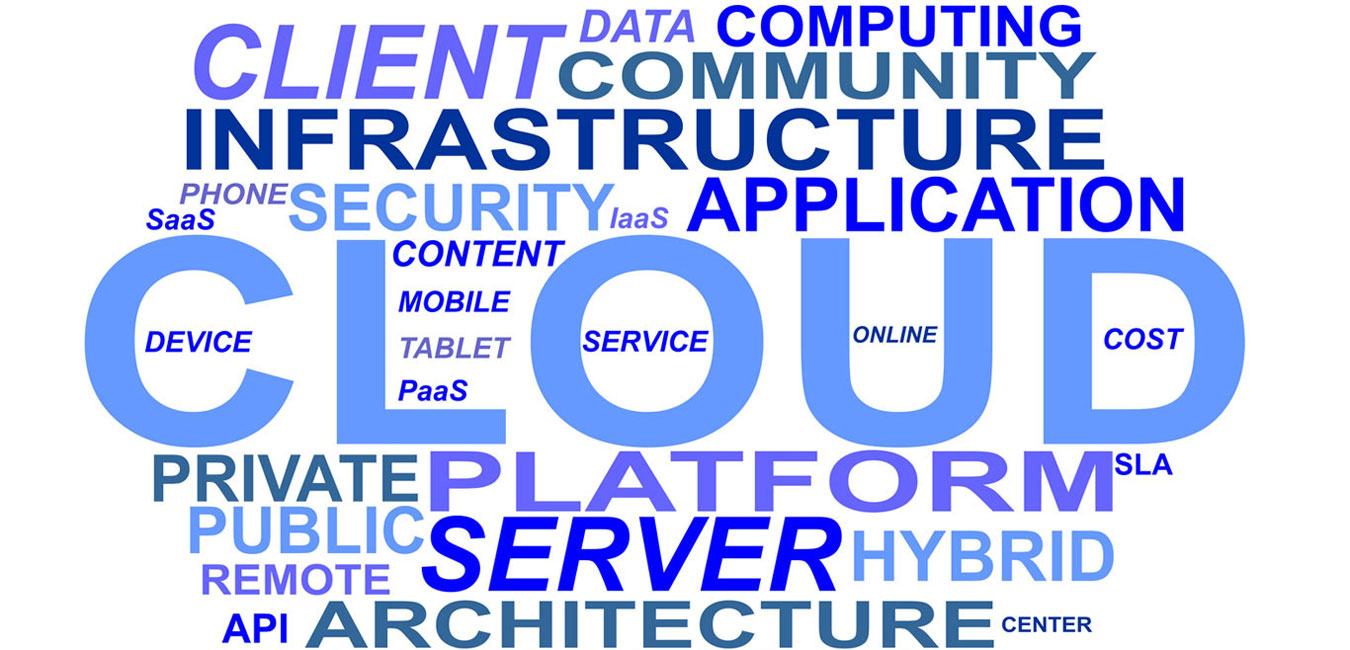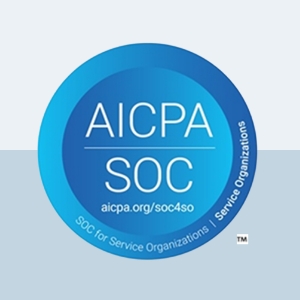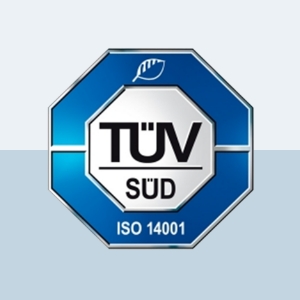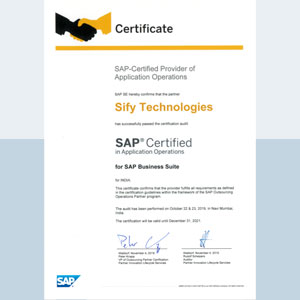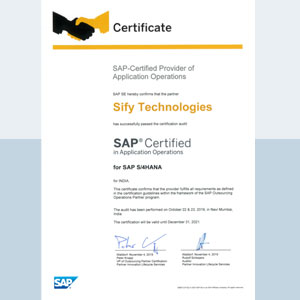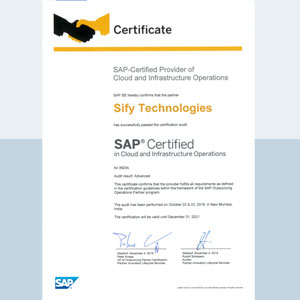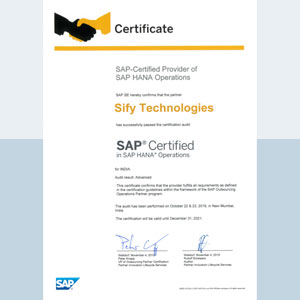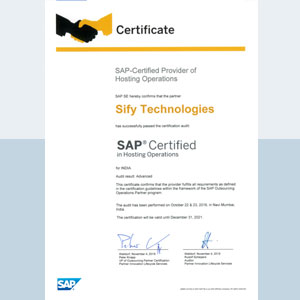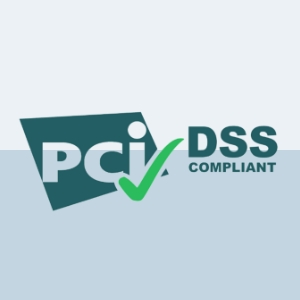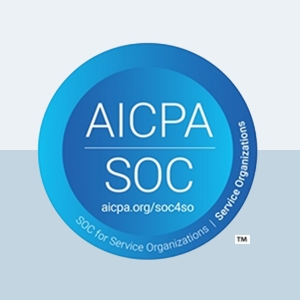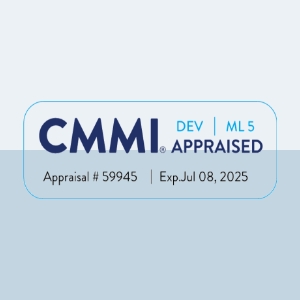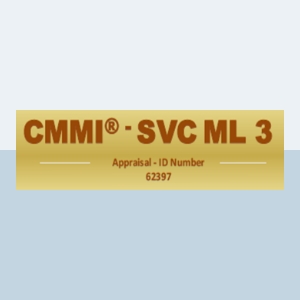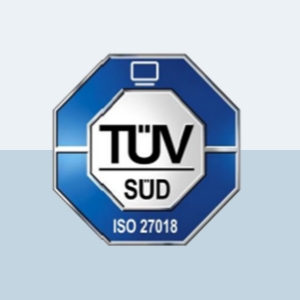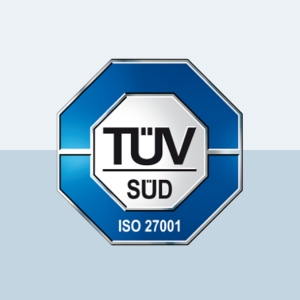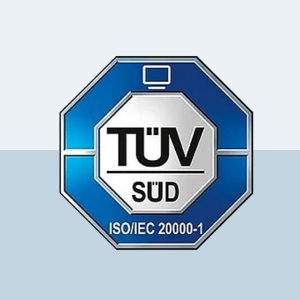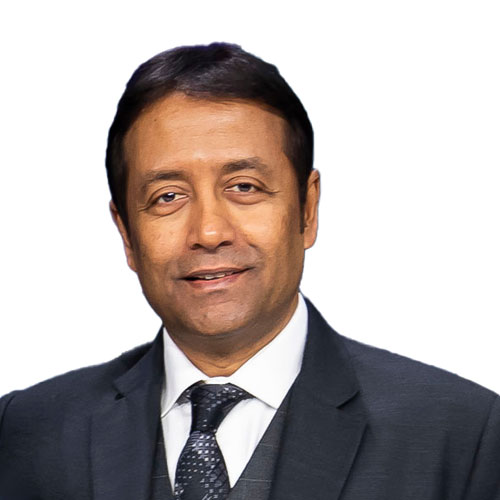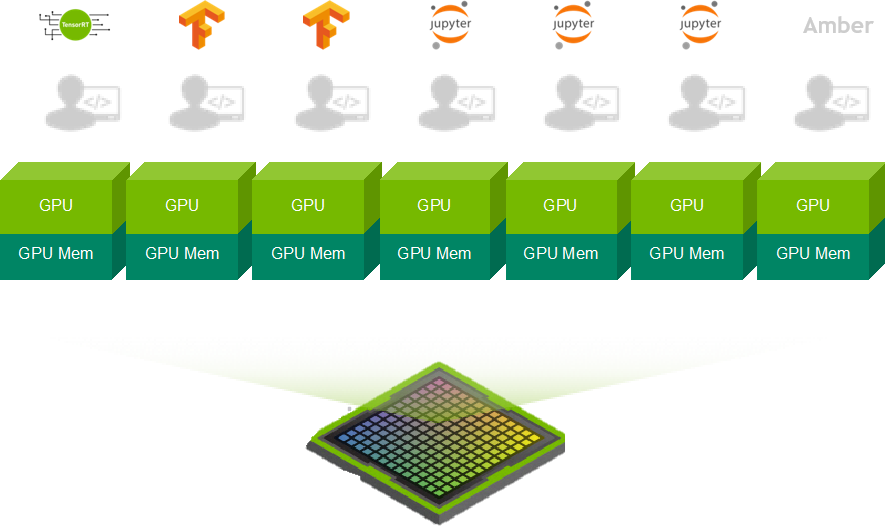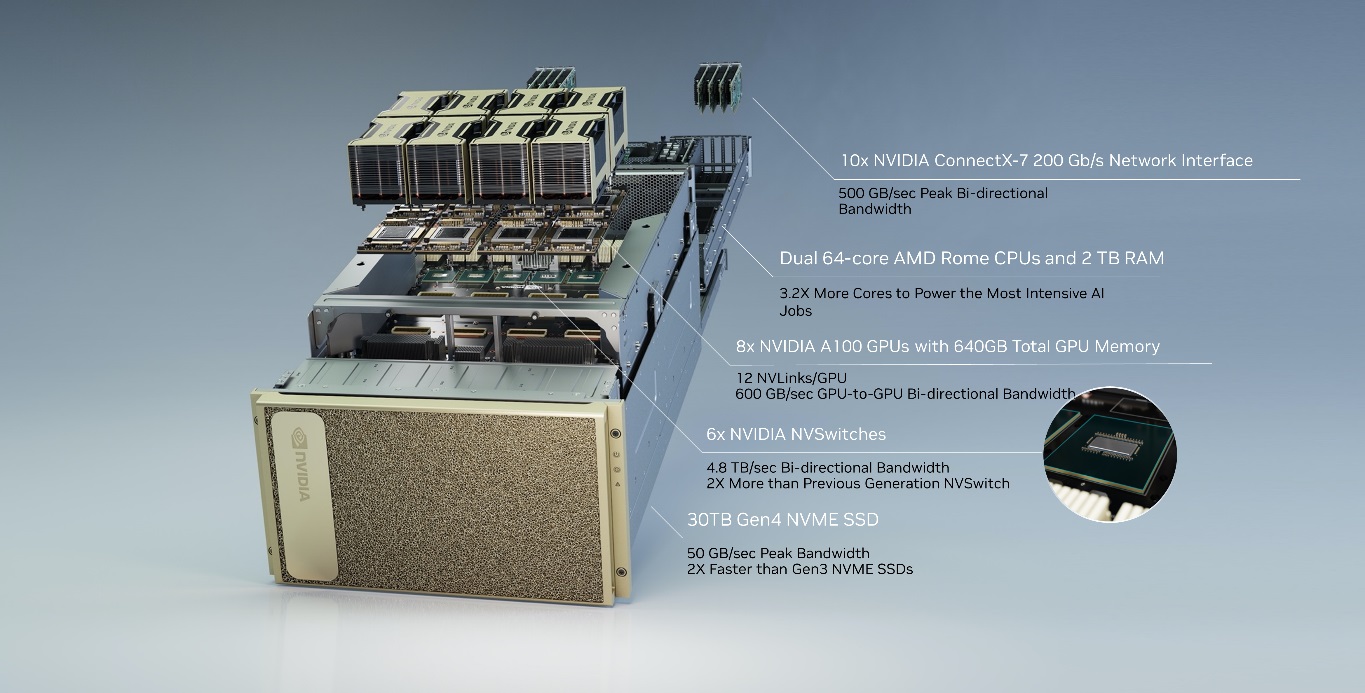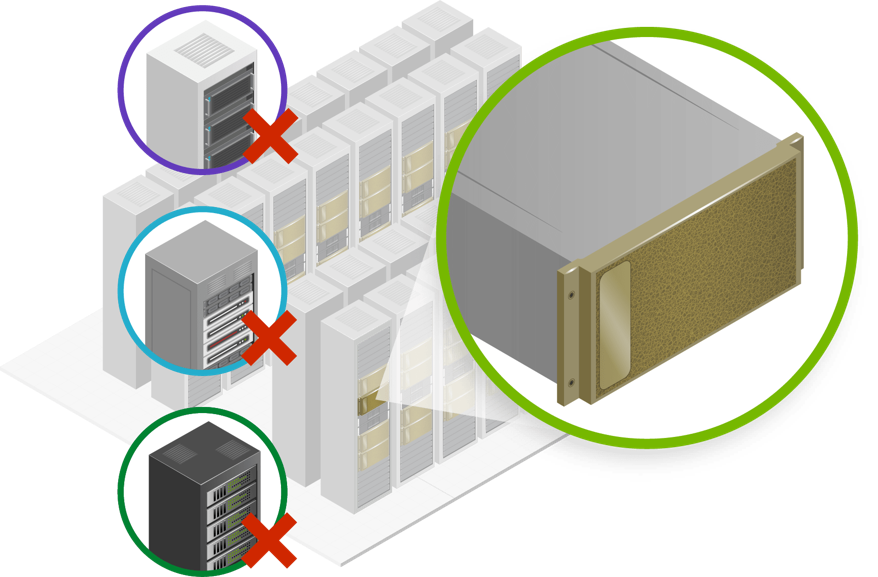5 things to consider when weighing public cloud against private cloud
Businesses pursuing the cloud are faced with the existential question – public or private cloud? Each has its merits that should be considered as per one’s business goals. Here are five factors you must consider prior to choosing a cloud platform.
Accessibility and usage
Each corporation has requirements unique to its business. For example, you have to consider if you can use SaaS the way it was designed or whether you need to alter it according to your requirements, which adds to the cost. Some applications even need dedicated hardware and even though they are offered by vendors, it affects workflow and can make application latency an issue. Implementation, accessibility and on-going operation come easily with private cloud. But if you are considering a public cloud, ensure that the vendor has the server clout that can handle high-performance apps.
Security
In the past few years, there have been many instances of cloud service breaches and several major businesses have suffered from them. Data security is a major concern regarding public cloud services. Although vendors effectively secure the public cloud infrastructure, various corporations are concerned about the implications of depending solely on them as any crack in their security can result in a negative impact on the bottom lines of these corporations. In a private cloud infrastructure, on the flip side, a number of firewalls can be implemented to safeguard data against external threats.
Cost
Flexible payment options concerning cloud infrastructure has given a whole new meaning to the economic expenditure. But the costs of implementing and maintaining private cloud services can bruise, if not break the economy of an organisation. The cost of buying servers, hardware and software along with hiring staff for maintenance is often far more than the prices asked by public cloud vendors. If you no longer need the setup for particular task in private cloud, the equipment just wastes away. That stated, the long-term cost of leasing public cloud continually can exceed the total cost of managing in-house cloud, especially if the data load increases.
Integration and Operation
Integrating the existing IT infrastructure with cloud is another major aspect. Business processes need specific tools for workflow and these tools must be integrated well with the cloud. Private cloud offers the ability to easily integrate business tools but at the cost of elastic capabilities. If the model of your business operations depends on a role-based environment, you must consider the requirement of diverse equipment and capabilities and how they fit in private or public infrastructure.
Scalability
The on-demand availability of public cloud makes it preferable by many organizations. Vendor services make it easy to scale up or down to adjust changes in requirements and environment. You only have to invest in the services that are required at any given time.
Private and public clouds come with management implications, however, selecting a vendor-based solution gives your organization ability to unload most of the management responsibility on the vendor.
Top 5 Things You’ll See In Cloud Platforms In 2015
Cloud is a major energy that has been driving businesses in the online universe. And over the years, it has evolved drastically with its every stage offering a little something for everyone. Most businesses swear by the cloud and others are making a run for it. Whichever category you belong to, it is important to keep pace with the rapidly evolving trends of the cloud so that you are not left behind. Here are 5 predictions for what will be happening in the world of cloud this year.
Containers will gain pace
Dockers and containers have already been set in motion in 2014 and have proved to be incredible packaging format for application micro services. As the cloud rush intensifies in 2015, there will be a wide range of choices and technologies for building applications. And while developers have fully approved of containers, people in the operation departments will also learn to containerize various parts of any application and keep up with them as discrete units.
Expansion of development platforms
In 2015, you will see development environments proliferate in the cloud. This is sure to offer organizations a variety of choices, but they will also need to grasp the fundamental requirements and determine the suitable platform for going forward. As we know that organizations are seeking cloud platforms for more than just servers and storage, there will be an explosion of numerous applications. This will add to the complexity and the platforms will be sturdy enough to handle the load of multiple applications conveniently.
Cloud portability will be a real thing
The ability to migrate various applications and data from one cloud environment to another without disruption will be mastered. Things are already in motion for making applications conveniently portable among various public clouds. The increasing demand of cloud portability will also lead to interoperability among cloud providers.
Software-defined security
Security is a major concern in cloud platforms and a software-defined security system will become part of every Data Center. Pundits state that Data Centers will move forward from hardware-based security to software-integrated one. There will be software mapping capability that feeds Intel in a central system and identifies parameters. This will help in monitoring activities to determine potential threats beforehand.
Hybrid cloud accession
Everyday tools required by the businesses are connected to the cloud platforms to get real-time data conveniently. Organizations are often looking forward to integrate their enterprise applications with cloud applications so as to achieve good pace in configuring systems. Hybrid cloud is the platform that bridges this gap between organizations and vendors. As businesses are more willing to weave the cloud into their in-house application framework, developers will have to evaluate hybrid cloud strategy to avoid fragmentation.
How Cloud Computing can help SMBs
Most business models followed by SMBs have one common target – minimize costs. When handling big data, storage becomes a problem quite often and there’s a substantial flow of capital just for that purpose.
Cloud offers not just IT infrastructure but a business framework. It’s beneficial for SMBs in terms of accessibility, security, disaster management, cost, time and energy savings, flexibility and gaining an edge over competitors. Using the cloud can significantly bring down physical data storage costs. Furthermore, the ease-of-use makes cloud storage a better option for non-technical people as well. The icing on the cake is the automation that cloud computing supports. Instead of having to invest on IT support, cloud applications update themselves.
Let’s have a look on how cloud computing can help SMBs:
Data Backup
A small business owner should be aware of the importance of backups. System failures can be a risky situation in case of an infrastructure that is still in its nascent stages – something that is common in SMBs. The cloud is a great help here as it breaks down the process by allowing your data to automatically update as you work and also create copies of your data off-site where it will be protected from any looming disaster, theft or accident.
Mobile Office
Due to the cloud’s omnipresence, SMBs can have a better foothold in creating mobile offices. The cloud can be accessed and synced from anywhere and allows you to literally take your office on the road. This brings down the costs greatly by building a working model largely around the internet.
Sharing Info
Sharing data is easier with the cloud due to the ease-of-access. SMBs can now share data across an in-house staff and a team onsite through great distances, instantaneously. Emailing cumbersome files can often slow down work and this is where the cloud comes to play. Moreover, the cloud is also a safer option for sharing data compared to physical means.
File Storage
SMBs need all the marketing they can get for timely expansion and brand recognition. Most direct marketing strategies require large amounts of media that include video, audio and images. Due to the rising access of technology, more and more consumers are accepting this part of promotion. However, all this data can take up a large amount of storage space on a physical server. The cloud can easily take this load off by letting your local server or system focus more on the local files.
Strategic Growth
Cloud computing is a scalable practice and hence enables SMBs to create plans for growth that use the advantages of the cloud without any significant investment. You don’t have to buy new equipment or software, you just pay for what you use. And you get access to the most robust hardware and up-to-date software. Many vendors offer cloud applications for SMBs that enable you to control costs and reduce IT budget, further facilitating staff efficiency and improving productivity immensely.
5 Things You Should Be Doing for Data Center Efficiency
Data Center Efficiency is a flexible term originally used to characterize the efficient use of energy in a Data Center. But over the years, the usage of this term has expanded to other entities such as storage, accessibility, security, networks and IT assets. Every Data Center around the world is focused on increasing its efficiency. And here are the top five things for Data Center efficiency that further enable you to drive costs out of your IT infrastructure.
Improve energy efficiency
Energy is the core of every Data Center. Power and thermal management give you a long-term strategic advantage. Cooling the equipment is indispensable and that requires a lot of power. But if you use a containment system, you may be able to reduce energy usage by 8-10 percent. And if you are yet to decide on a location, consider a place with a moderate climate, which may give you some advantage over operating a full-fledged HVAC system. You can also switch to hardware that are faster and require less power such as SSDs over hard-disk drives.
Focus on storage and capacity
Rapid data growth fuels the increasing demand for capacity storage in Data Center. And while it’s a challenge for Data Center management, it is not feasible to purchase new storage solutions every time, given the ever-increasing data. You will have to take the do-more-with-less approach to avoid the high cost of ownership. At this point, you can benefit from adopting performance analytics software. You must also monitor devices, troubleshoot drives and improve drive management processes to make sure that drives are working optimally and identify potential issues well before they affect processes.
Enhance data security
Data security is the nerve center and with the recent high-profile security breaches, it has become top priority for the management. It is imperative to improve comprehensive security measures. Data security needs vary from one organization to another and you should employ encryption for data as per your organizational needs.
Consider virtualization
With virtualization, you can bundle numerous data and computing processes into a smaller footprint, which leads to reducing life-cycle cost and adding efficiency. Virtualization means your data will require less space and power. You can replace large physical servers with a few machines that run numerous Virtual Machines (VMs), which can also serve your storage needs with virtual disks. Virtualization will ensure a modular infrastructure that incorporates networking, storage and servers on a single computing platform.
Strategies for avoiding disaster
Coming up with strategies to avoid disasters may not seem like much but in the long run, it adds to the efficiency of your Data Center. There is a growing threat of common natural and man-made disasters and planning to overcome possible failures is a priority for organizations. Locations, building designs, power standards and alternative recovery locations are the focus to avoid issues post disaster.
Sify launches Cloud Solutions for the Kerala Market
Announces plans to tap the Enterprise and SMB market
Kochi, Friday, June 19, 2015: Sify Technologies Limited (NASDAQ NM: SIFY), a leader in Managed Enterprise, Network, IT and Software services in India with global delivery capabilities, today announced the launch of the company’s Cloud services targeted at the Enterprise and SMB market in Kerala.
Sify has tested the Kerala market and has received encouraging response. As a special offer, Sify’s Cloud services will be made available to customers in Kerala for a trial period 15-day. Sify has chosen a mix of internal promotions and Channel partners to maximize its go-to-market strategy.
Under its Cloud services portfolio, Sify will offer Public, Private and Managed Cloud services to Kerala market which is fast emerging as an important SMB hub. With the second largest digital service penetration in the country, Kerala is an attractive market for adoption of new age IT technologies.
Commenting on the occasion, Raju Vegesna, Chairman, Sify Technologies, said, “We have received commendable response from Enterprises and SMBs here and are extremely excited to enter Kerala in a big way. At Sify, we focus on building sustainable Cloud & Managed solutions for our customers. We are confident that with Sify’s scalable and resilient Cloud offerings, Enterprises and SMBs here will be able to achieve their business goals.”
Sify’s Cloud offerings leverage enterprise-class technology to guarantee high availability, performance, scalability and security. The services are a testament to Sify’s proven expertise in Cloud services and are offered in customizable, cost-effective models that are easy to deploy and use. The breadth of Sify’s expertise in end-to-end IT services makes Sify the ideal partner to manage the full spectrum of the IT needs of all organizations, across sector and scale. Sify offers the benefits of isolated and flexible Private Cloud environment is powered by CloudInfinit Platform.
About Sify Technologies
Sify is among the largest integrated ICT Solutions and Services companies in India, offering end-to-end solutions with a comprehensive range of products delivered over a common telecom data network infrastructure reaching more than 1300 cities and towns in India. This telecom network today connects 45 Data Centers across India including Sify’s 6 concurrently maintainable Data Centers across the cities of Chennai, Mumbai, Delhi and Bengaluru.
A significant part of the company’s revenue is derived from Enterprise Services, comprised of Telecom services, Data Center services, Cloud and Managed services, Applications Integration services and Technology Integration services. Sify also provides services that cater to the burgeoning demands of the SMB community, much of it on its Cloud services platform.
Sify is ISO 9001:2008 certified for Enterprise Sales, Provisioning, support and customer relationship management of ICT solutions and services including VPN, Network, Voice, Data Center hosting, Integration services, security services and managed services. Sify has been certified in ISO / IEC 20000 – 1:2011 and ISO/IEC 27001:2005 certified for Internet Data Center operations. Sify has been certified in SSAE16 SOC2 Type II for Cloud Infrastructure and in TL 9000 for Enterprise Network Services, Network Integration Services including Design, Implementation and Support services. The latter certification is telecommunication industry’s quality system standard that expands the requirements of the International Standards Organization’s ISO 9000 quality management standard in use by industries worldwide. Sify has licenses to operate NLD (National Long Distance), ILD (International Long Distance) services and ISP services and offers VoIP backhaul for international carriers. With the Sify Cable landing station and partnerships with submarine cable companies globally, Sify is present in almost all the spheres of the ICT eco system.
Sify has an expanding base of Managed Services customers, both in India and overseas, and is India’s first enterprise managed services provider to launch a Security Operations Center (SOC) to deliver managed security services. The software team develops applications and offers services to improve business efficiencies of its current and prospective client bases. Sify also offers services in the specialized domains of eLearning, both in India and globally.
For more information about Sify, visit www.sifytechnologies.com
Forward Looking Statements
This press release contains forward-looking statements within the meaning of Section 27A of the Securities Act of 1933, as amended, and Section 21E of the Securities Exchange Act of 1934, as amended. The forward-looking statements contained herein are subject to risks and uncertainties that could cause actual results to differ materially from those reflected in the forward-looking statements. Sify undertakes no duty to update any forward-looking statements. For a discussion of the risks associated with Sify’s business, please see the discussion under the caption “Risk Factors” in the company’s Annual Report on Form 20-F for the year ended March 31, 2014, which has been filed with the United States Securities and Exchange Commission and is available by accessing the database maintained by the SEC at www.sec.gov, and Sify’s other reports filed with the SEC.
For information, please contact:
Sify Technologies Limited
Mr. Praveen Krishna
Investor Relations & Public Relations
+91 44 22540777 (ext.2055)
praveen.krishna@sifycorp.com
20:20 MSL
Ms. Divya Singh
+91 8552944004
divya.singh@2020msl.com
Sify’s Cloud enablement of the Madhya Pradesh State Data Center wins the ‘Best Cloud Solution Implementation’ award
Chennai, May 28, 2015: Sify Technologies Limited (NASDAQ NM: SIFY), a leader in Managed Enterprise, Network, IT and Software services in India with global delivery capabilities, today announced that its solution to Cloud-enable the Madhya Pradesh State Data Center (SDC) was awarded the Best Cloud solution Implementation award at the Elets Knowledge Exchange 2015 held in Goa recently.
Sify received the recognition for its deployment and management of ‘CloudInfinit’ platform and solutions that has helped the SDC transform into a robust IT Services provider for its various Government departments. The solution has consolidated different applications, fastened infrastructure provisioning for projects, reduced IT Procurement time and improved operations and Governance. Sify has also deployed and is currently managing similar Cloud platforms for other states like Kerala, Rajasthan, Chattisgarh and Tripura.
On receiving the award, Mr. Kamal Nath, CEO, Sify Technologies, said, “This recognition is a great endorsement of our focus on building sustainable Cloud & Managed solutions for the various State Governments. By Cloud enabling their State Data Center (SDC), we have helped Madhya Pradesh government transform the way IT services and solutions are used by various Government departments. Government is a key vertical focus for us and we look forward to extending our winning solutions to more State Governments. I take this opportunity to thank the team that made this possible. This is truly a special win for us.”
About egov awards
The egov awards are held annually to recognize and encourage unique and innovative initiatives in the field of e-Governance, Education, BFSI and Health. The Award Secretariat comprises an expert evaluation committee of members from various sectors and the applications are assessed on an exhaustive set of parameters that covered innovation, scalability, replicability, ability to overcome challenges, achievements and impact potential.
About Sify Technologies
Sify is among the largest integrated ICT Solutions and Services companies in India, offering end-to-end solutions with a comprehensive range of products delivered over a common telecom data network infrastructure reaching more than 1300 cities and towns in India. This telecom network today connects 45 Data Centers across India including Sify’s 6 concurrently maintainable Data Centers across the cities of Chennai, Mumbai, Delhi and Bengaluru.
A significant part of the company’s revenue is derived from Enterprise Services, comprised of Telecom services, Data Center services, Cloud and Managed services, Applications Integration services and Technology Integration services. Sify also provides services that cater to the burgeoning demands of the SMB community, much of it on its Cloud services platform.
Sify is ISO 9001:2008 certified for Enterprise Sales, Provisioning, support and customer relationship management of ICT solutions and services including VPN, Network, Voice, Data Center hosting, Integration services, security services and managed services. Sify has been certified in ISO / IEC 20000 – 1:2011 and ISO/IEC 27001:2005 certified for Internet Data Center operations. Sify has been certified in SSAE16 SOC2 Type II for Cloud Infrastructure and in TL 9000 for Enterprise Network Services, Network Integration Services including Design, Implementation and Support services. The latter certification is telecommunication industry’s quality system standard that expands the requirements of the International Standards Organization’s ISO 9000 quality management standard in use by industries worldwide. Sify has licenses to operate NLD (National Long Distance), ILD (International Long Distance) services and ISP services and offers VoIP backhaul for international carriers. With the Sify Cable landing station and partnerships with submarine cable companies globally, Sify is present in almost all the spheres of the ICT eco system.
Sify has an expanding base of Managed Services customers, both in India and overseas, and is India’s first enterprise managed services provider to launch a Security Operations Center (SOC) to deliver managed security services. The software team develops applications and offers services to improve business efficiencies of its current and prospective client bases. Sify also offers services in the specialized domains of eLearning, both in India and globally.
For more information about Sify, visit www.sifytechnologies.com
Forward Looking Statements
This press release contains forward-looking statements within the meaning of Section 27A of the Securities Act of 1933, as amended, and Section 21E of the Securities Exchange Act of 1934, as amended. The forward-looking statements contained herein are subject to risks and uncertainties that could cause actual results to differ materially from those reflected in the forward-looking statements. Sify undertakes no duty to update any forward-looking statements. For a discussion of the risks associated with Sify’s business, please see the discussion under the caption “Risk Factors” in the company’s Annual Report on Form 20-F for the year ended March 31, 2014, which has been filed with the United States Securities and Exchange Commission and is available by accessing the database maintained by the SEC at www.sec.gov, and Sify’s other reports filed with the SEC.
For further information, please contact:
Sify Technologies Limited
Mr. Praveen Krishna
Investor Relations & Public Relations
+91 44 22540777 (ext.2055)
praveen.krishna@sifycorp.com
20:20 MSL
Ms. Divya Singh
+91 0 8552944004
divya.singh@2020msl.com
Grayling Investor Relations
Ms. Trúc Nguyen (ext. 418)
+1-646-284-9400
truc.nguyen@grayling.com
Sify launches ‘ClouDCenter’, at Rabale, Mumbai
Concurrently maintainable site infrastructure| 65,000 sq.ft. of raised floor space| Modular design with advanced technology to cater to high density load| SLA of 99.982% quarterly uptime| Unparalleled ‘Z’ level security for maximum data security| Carrier neutral services| Designed and built as per leading industry standards – ASHRAE, NFPA, BIS, Green Grid| 2N UPS configuration| Hybrid cooling system||
Chennai, Thursday, July 31, 2014: Sify Technologies Limited (NASDAQ NM: SIFY), a leader in Managed Enterprise, Network, IT and Software services in India with global delivery capabilities, today announced the launch of ‘ClouDCenter’, at Rabale (www.rabaledatacentre.com) Mumbai, a next-generation cloud-enabled Data Center.
This follows the recent launch of Sify’s concurrently maintainable Green Data Center at Noida, NCR. This facility was built to the same exacting specification but adds additional resiliency through its unique dual-cooling system and on-premise EHV substation.
The ‘ClouDCenter’ has a modular design with advanced technology to cater to high-density load and will eventually offer 2,80,000 square feet of built-up space and 65,000 square feet of raised floor space. Designed and built as per global industry standards, the center has unparalleled security, and was specifically designed to meet the exacting requirements of Cloud service operators and enterprises planning to migrate to private or hybrid cloud environments.
Additionally, all of Sify’s major Data Centers and Cloud infrastructure in India are connected through ‘Cloudcover’, a robust fiber network connecting a total of 36 Data Centers from the leading providers in India. This gives Sify the flexibility to host Data Centers, Near Data Centers, DR and Cloud Applications at different locations with different service providers.
The ‘ClouDCenter’ has high energy efficiency and other environment-friendly features. The Data Center has a dedicated substation of 20 MVA and dual power distribution till the rack through physically separate raisers supported by N+N Switchboards, UPS and PDUs, and dedicated transformer and diesel generators. Sify’s Data Center portfolio of services include Enterprise Risk Management Services, Infrastructure Services, Core Services, Managed Services, Professional Services and Hosted Applications.
Commenting on the launch, Kamal Nath, CEO, Sify Technologies, said, “Data Center is the epicenter of our current phase of growth journey. Having invested immensely in building Data Centers and Cloud capabilities, Sify has introduced its ‘ClouDCenter’ in India. Today, organizations are looking for the ability to react quickly to market or business changes — through faster provisioning of IT resources and an elastic approach to consumption. With this launch, Sify raises the bar for the conventional Data Center into a plug-play scenario thus saving valuable time in the GTM strategies for Enterprises. We are extremely excited to be launching this facility, and look forward to setting more such industry benchmarks in the future.”
About Sify Technologies
Sify is among the largest integrated ICT Solutions and Services companies in India, offering end-to-end solutions with a comprehensive range of products delivered over a common telecom data network infrastructure reaching more than 1300 cities and towns in India. This telecom network today connects 45 Data Centers across India including Sify’s 6 concurrently maintainable Data Centers across the cities of Chennai, Mumbai, Delhi and Bengaluru. A significant part of the company’s revenue is derived from Enterprise Services, comprised of Telecom services, Data Center services, Cloud and Managed services, Applications Integration services and Technology Integration services. Sify also provides services that cater to the burgeoning demands of the SMB community, much of it on its Cloud services platform. Sify is ISO 9001:2008 certified for Enterprise Sales, Provisioning, support and customer relationship management of ICT solutions and services including VPN, Network, Voice, Data Center hosting, Integration services, security services and managed services. Sify has been certified in ISO / IEC 20000 – 1:2011 and ISO/IEC 27001:2005 certified for Internet Data Center operations. Sify has been certified in SSAE16 SOC2 Type II for Cloud Infrastructure and in TL 9000 for Enterprise Network Services, Network Integration Services including Design, Implementation and Support services. The latter certification is telecommunication industry’s quality system standard that expands the requirements of the International Standards Organization’s ISO 9000 quality management standard in use by industries worldwide. Sify has licenses to operate NLD (National Long Distance), ILD (International Long Distance) services and ISP services and offers VoIP backhaul for international carriers. With the Sify Cable landing station and partnerships with submarine cable companies globally, Sify is present in almost all the spheres of the ICT eco system. Sify has an expanding base of Managed Services customers, both in India and overseas, and is India’s first enterprise managed services provider to launch a Security Operations Center (SOC) to deliver managed security services. The software team develops applications and offers services to improve business efficiencies of its current and prospective client bases. Sify also offers services in the specialized domains of eLearning, both in India and globally. For more information about Sify, visit www.sifytechnologies.com
Forward Looking Statements
This press release contains forward-looking statements within the meaning of Section 27A of the Securities Act of 1933, as amended, and Section 21E of the Securities Exchange Act of 1934, as amended. The forward-looking statements contained herein are subject to risks and uncertainties that could cause actual results to differ materially from those reflected in the forward-looking statements. Sify undertakes no duty to update any forward-looking statements. For a discussion of the risks associated with Sify’s business, please see the discussion under the caption “Risk Factors” in the company’s Annual Report on Form 20-F for the year ended March 31, 2014, which has been filed with the United States Securities and Exchange Commission and is available by accessing the database maintained by the SEC at www.sec.gov, and Sify’s other reports filed with the SEC.
For further information, please contact:
Sify Technologies Limited
Mr. Praveen Krishna
Investor Relations & Public Relations
+91 44 22540777 (ext.2055)
praveen.krishna@sifycorp.com
20:20 Media
Ms. Divya Singh
+91 0 8552944004
divya.singh@2020msl.com
Grayling Investor Relations
Ms. Trúc Nguyen (ext. 418)
+1-646-284-9400
truc.nguyen@grayling.com




